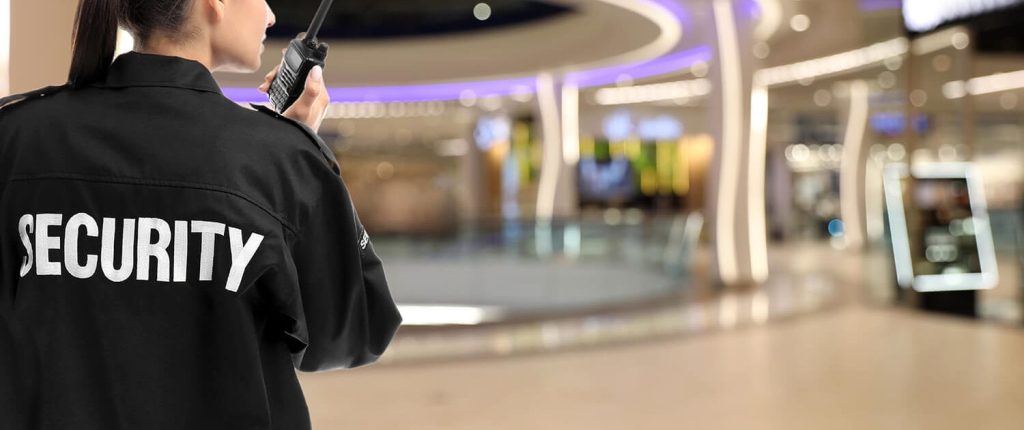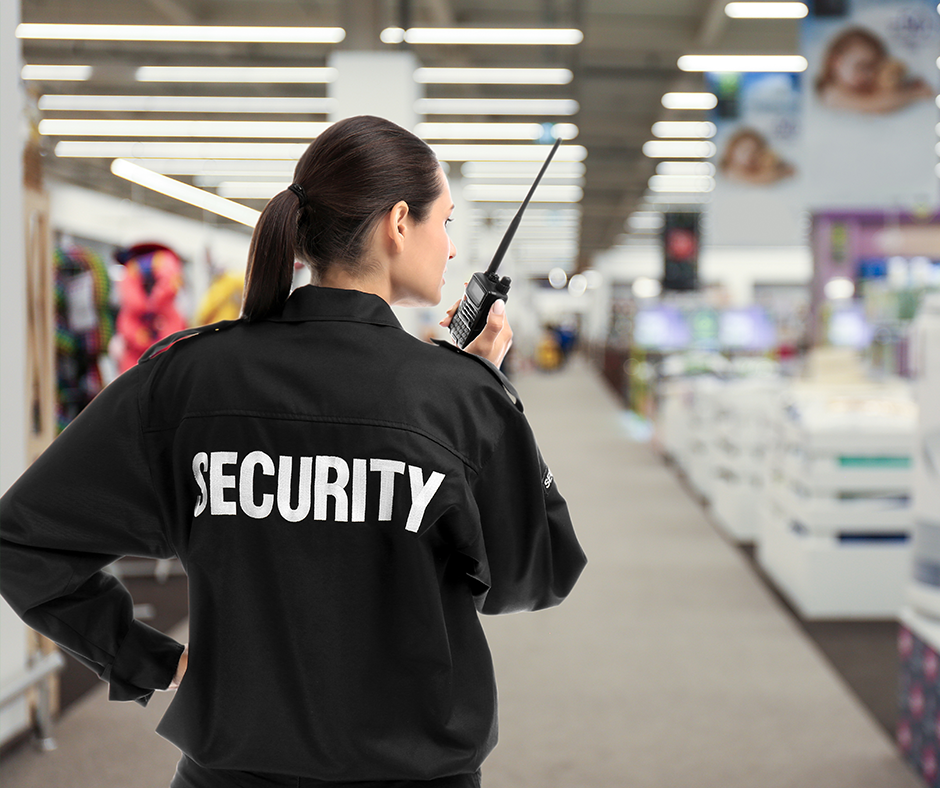It has evolved significantly over the years, driven by advancements in technology. From basic surveillance systems to sophisticated AI-driven solutions, technology plays a crucial role in ensuring the safety and security of retail environments. In this blog, we will explore various technological innovations and their impact on modern security services.
Introduction to Retail Security Services
It encompasses a range of measures designed to protect retail stores from theft, fraud, and other security threats. Traditionally, these services relied heavily on physical security measures such as security guards and basic CCTV systems. However, with the advent of new technologies, it has become more effective and efficient, offering inclusive protection to retailers.
The Evolution of Surveillance Systems
One of the most significant advancements in security services is the development of modern surveillance systems. High-definition (HD) cameras, network video recorders (NVRs), and cloud-based storage solutions have revolutionized how retail spaces are monitored. These systems provide clearer images, making it easier to identify and apprehend offenders. Moreover, advancements in video analytics have further enhanced surveillance capabilities. Intelligent video analytics can detect suspicious activities, such as loitering or unusual movements, and alert security personnel in real-time. This proactive approach helps prevent incidents before they escalate, ensuring a safer shopping environment.
Access Control Systems
Access control systems are another critical component of modern retail security services. These systems restrict unauthorized access to sensitive areas, such as stockrooms and offices, using technologies like biometric scanners, key cards, and PIN codes. By controlling who can enter specific areas, retailers can significantly reduce the risk of internal theft and unauthorized access. Biometric access control systems, such as fingerprint and facial recognition, offer a higher level of security compared to traditional methods. These systems are difficult to bypass and provide a reliable way to verify the identity of individuals accessing restricted areas.
Point-of-Sale (POS) Security
The point-of-sale (POS) system is a vital part of any retail operation, but it is also a common target for fraud and theft. Modern security services include advanced POS security solutions to protect against these threats. Encryption technologies, secure payment processing, and real-time monitoring are just a few examples of how technology is safeguarding POS systems. Encryption ensures that sensitive customer data, such as credit card information, is protected during transactions. Secure payment processing reduces the risk of data breaches, while real-time monitoring allows retailers to detect and respond to suspicious transactions immediately.
RFID Technology
Radio Frequency Identification (RFID) technology has become increasingly popular in security services. RFID tags can be attached to merchandise, allowing retailers to track items throughout the supply chain. This technology not only helps prevent theft but also improves inventory management by providing real-time data on stock levels. RFID systems can trigger alarms if an item is removed from the store without being properly checked out. This acts as a deterrent to potential shoplifters and provides security personnel with immediate alerts to take action.
Artificial Intelligence and Machine Learning
Artificial Intelligence (AI) and Machine Learning (ML) are transforming retail security services by enabling more intelligent and predictive security measures. AI-powered systems can analyze vast amounts of data from various sources, such as surveillance cameras, POS systems, and social media, to identify patterns and predict potential security threats. For instance, AI can analyze customer behavior to detect unusual activities that may indicate shoplifting or fraud. Machine learning algorithms can learn from past incidents to improve the accuracy of threat detection over time. This predictive capability allows retailers to stay one step ahead of criminals and enhance overall security.
Cybersecurity Measures
As retail operations become more digital, the importance of cybersecurity in security services cannot be overstated. Cybersecurity measures protect retailers from cyberattacks, data breaches, and other online threats. Technologies such as firewalls, intrusion detection systems, and encryption are essential for safeguarding sensitive information. Retailers must also implement robust security protocols for their online platforms, including secure login procedures, multi-factor authentication, and regular security audits. By prioritizing cybersecurity, retailers can protect their business and customers from cybercriminals.
Integration of IoT Devices
The Internet of Things (IoT) has introduced a new dimension to security services. IoT devices, such as smart cameras, sensors, and connected alarms, can be integrated into a unified security system. This integration allows for seamless communication between devices and provides a holistic view of the security landscape. For example, smart cameras equipped with motion sensors can detect unusual activities and send alerts to security personnel. IoT-enabled alarms can be triggered remotely, allowing for quick responses to security breaches. The interconnected nature of IoT devices enhances the efficiency and effectiveness of security services.

Enhancing Customer Experience with Technology
While the primary goal of retail security services is to protect the store, technology can also enhance the customer experience. For instance, streamlined checkout processes, secure payment options, and a safe shopping environment contribute to a positive customer experience. Retailers can use technology to offer personalized services, such as targeted promotions and loyalty programs, based on customer data. This not only improves customer satisfaction but also fosters loyalty and encourages repeat business.
The Future of Retail Security Services
The future of security services is likely to be shaped by continued technological advancements. Emerging technologies such as blockchain, augmented reality (AR), and virtual reality (VR) hold the potential to further enhance security measures. Blockchain technology can provide secure and transparent transaction records, reducing the risk of fraud. AR and VR can be used for training security personnel and simulating security scenarios, improving preparedness and response times. As these technologies continue to evolve, it will become more sophisticated and capable of addressing emerging threats. Retailers must stay abreast of these developments and invest in the latest security solutions to protect their business and customers.
Conclusion
In conclusion, technology plays a pivotal role in modern retail security services. From advanced surveillance systems and access control to AI-driven analytics and cybersecurity measures, technological innovations have transformed how retailers protect their stores. By embracing these technologies, retailers can enhance security, prevent losses, and provide a safe and enjoyable shopping experience for their customers.



